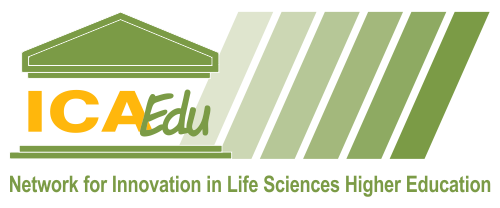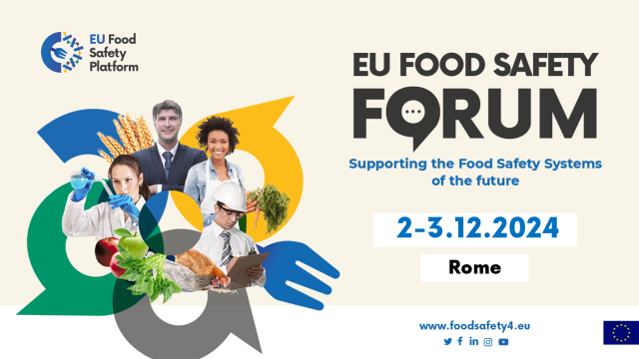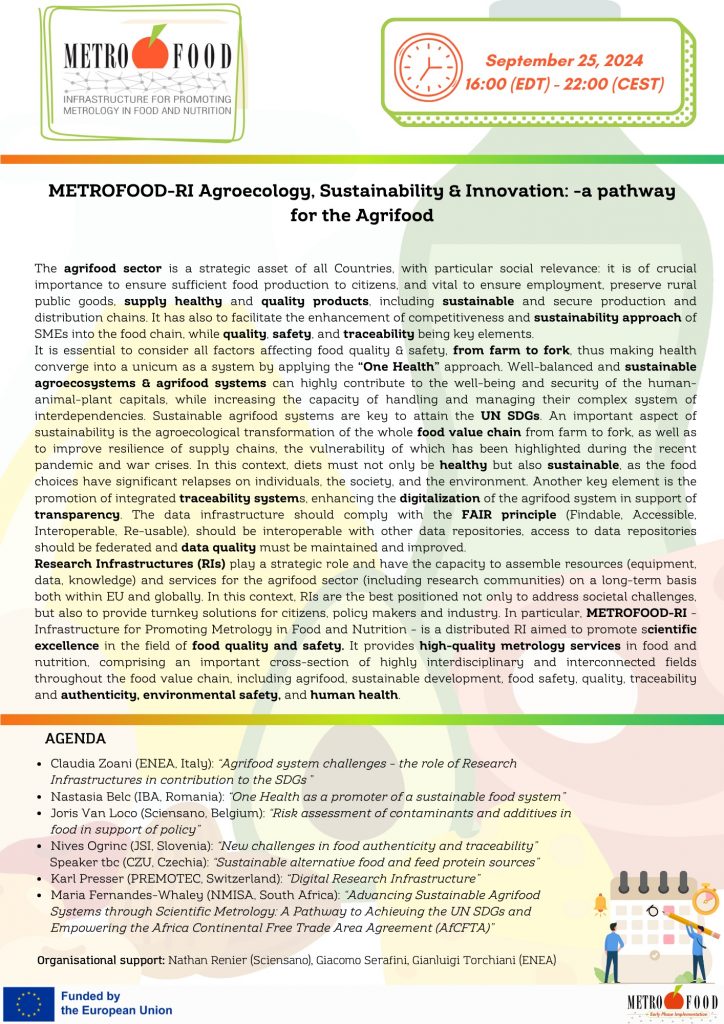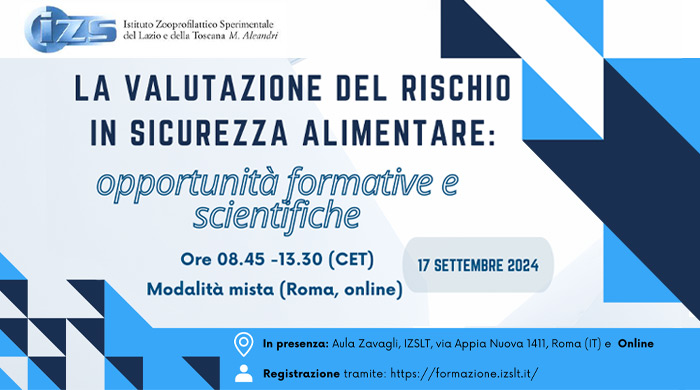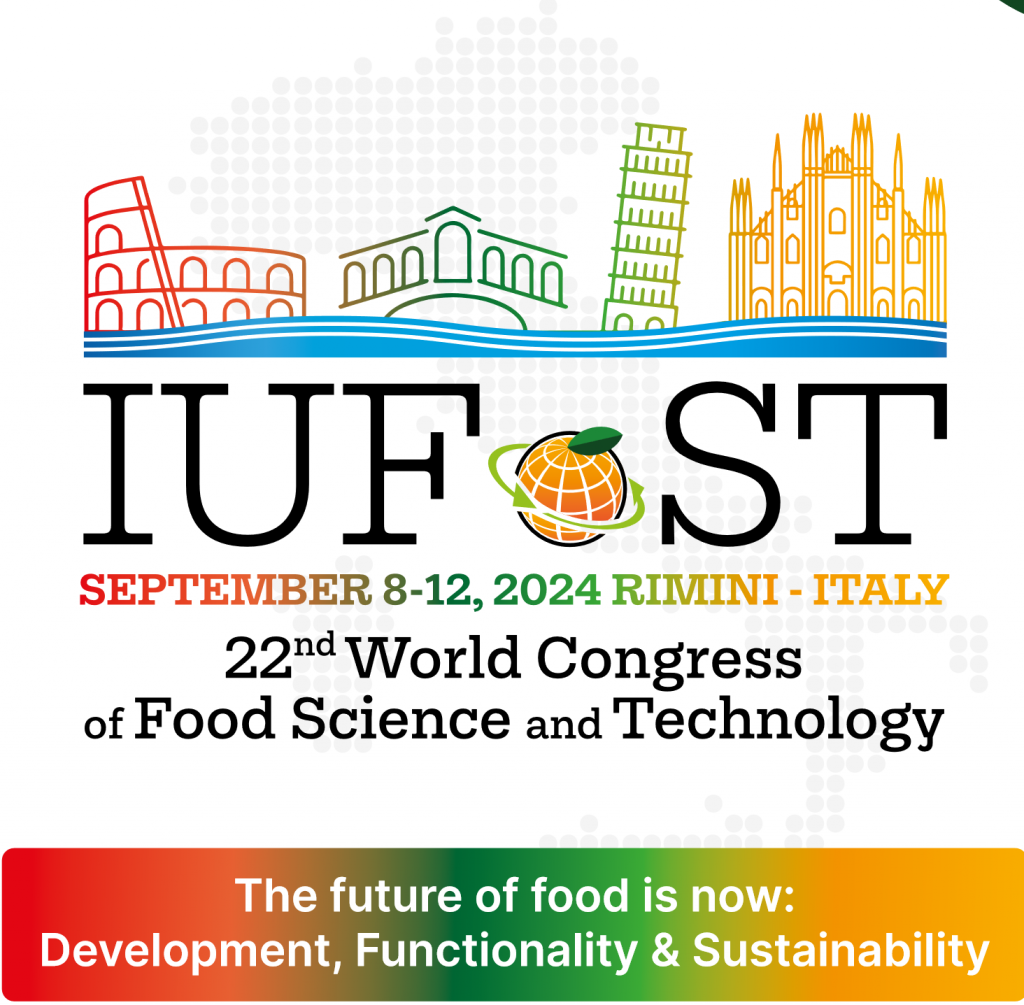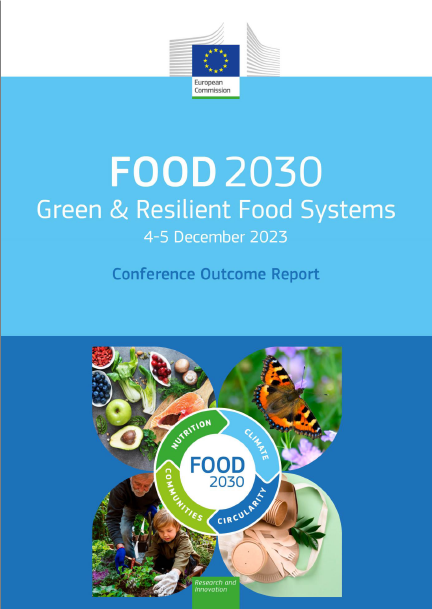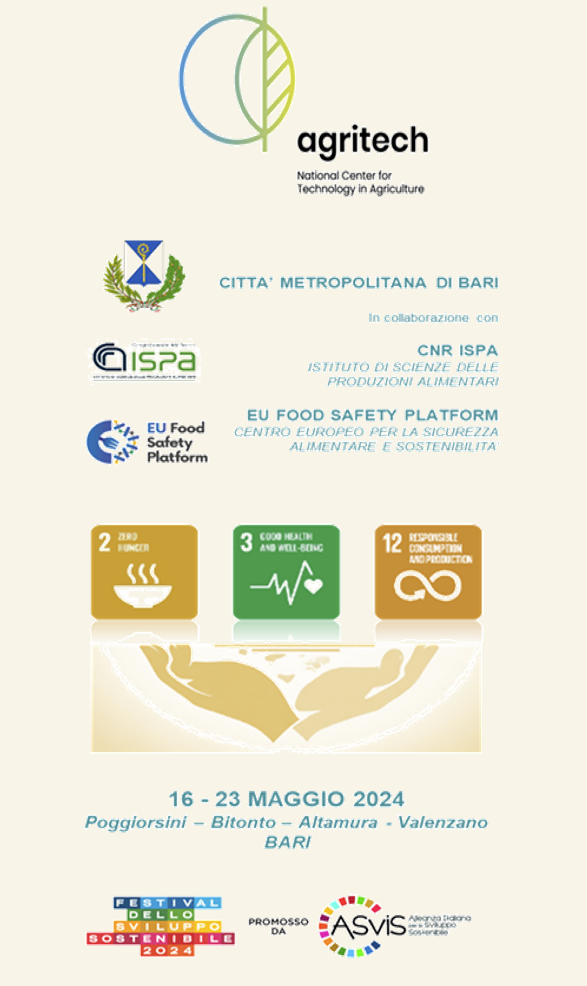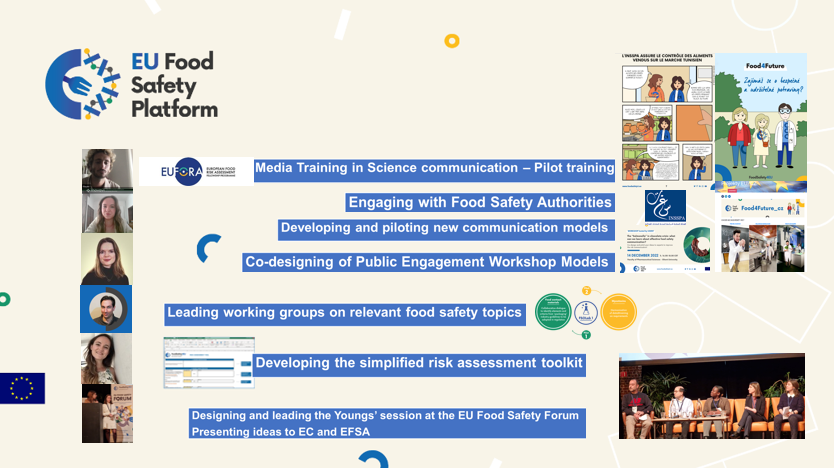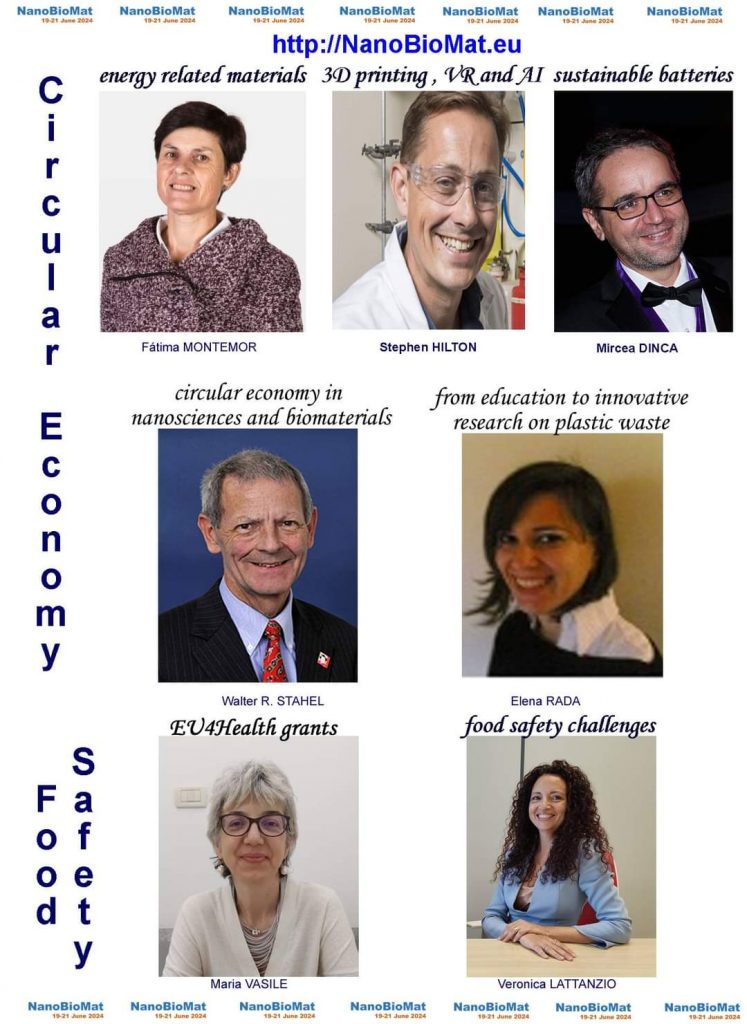HOLiFOOD – The project aims to introduce a holistic approach to food systems risks. Launched in 2022, this four-year initiative brings together 17 organizations from 10 European countries. Its primary goal is to enhance the integrated food safety risk analysis framework, facilitating early detection of food risks within the supply chain. By leveraging big data and artificial intelligence, HOLiFOOD seeks to develop predictive systems for both known and emerging food safety hazards. The EU Food Safety Platform contribution emphasizes co-creation methodologies, involving stakeholders through living labs and citizen science initiatives to ensure that all voices are heard in the decision-making process.
UpRise – The UpRise project aims to provide groundbreaking knowledge to understand mycotoxin contamination and to deliver solutions in Africa. The EU Food Safety Platform contribution focuses on exploiting the Net-Map Analysis and a digital toolkit for risk assessment developed by the FS4EU project. This methodology will help to visualize and analyze the complex networks involved in food safety, allowing stakeholders to identify critical points of intervention. By integrating the digital toolkit into the activities, the project will enhance the capacity of food safety professionals to assess risks effectively and develop targeted strategies for mitigation. The collaboration with the EU Food Safety Platform will also foster the dissemination of insights gained from UpRise and a culture of proactive risk management across the EU.
MycoTwin – The MycoTwin project addresses the pressing issue of mycotoxins in the food chain. The EU Food Safety Platform is hosting a working group dedicated to exploring future-proof approaches for the management of toxigenic fungi and associated mycotoxins along the food chain. This initiative is crucial, as mycotoxins pose significant health risks and economic challenges in food production. By collaborating with the EU Food Safety Platform, MycoTwin aims also to share best practices and innovative strategies among stakeholders, ensuring that the management of mycotoxins is both effective and sustainable.
FoodSafeR – The FoodSafeR project, coordinated by FFoQSI, brings together 19 leading European academic, research, and industry organizations. It aims to revolutionize the way emerging food safety hazards are assessed and managed, by creating a comprehensive suite of future-oriented tools, methods, strategies, models, guidance, and training materials. The EU Food Safety Platform is exploring ways to integrate/link the FS4EU knowledge center, and to various food safety knowledge sources, enhancing the accessibility of critical information for stakeholders across the food supply chain. The EU Food Safety Platform can support FoodSafeR to streamline information sharing and foster a more informed community of food safety professionals.
